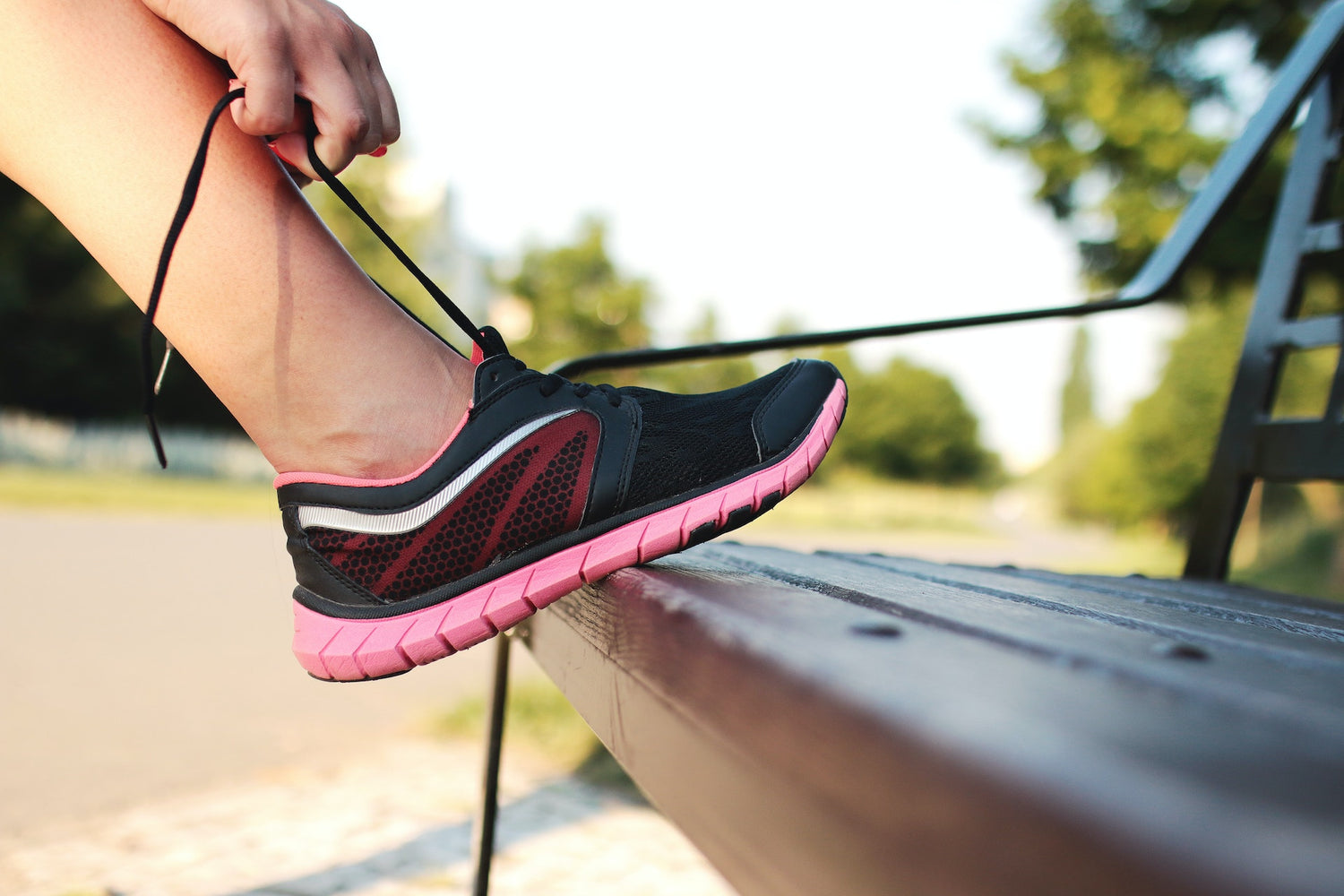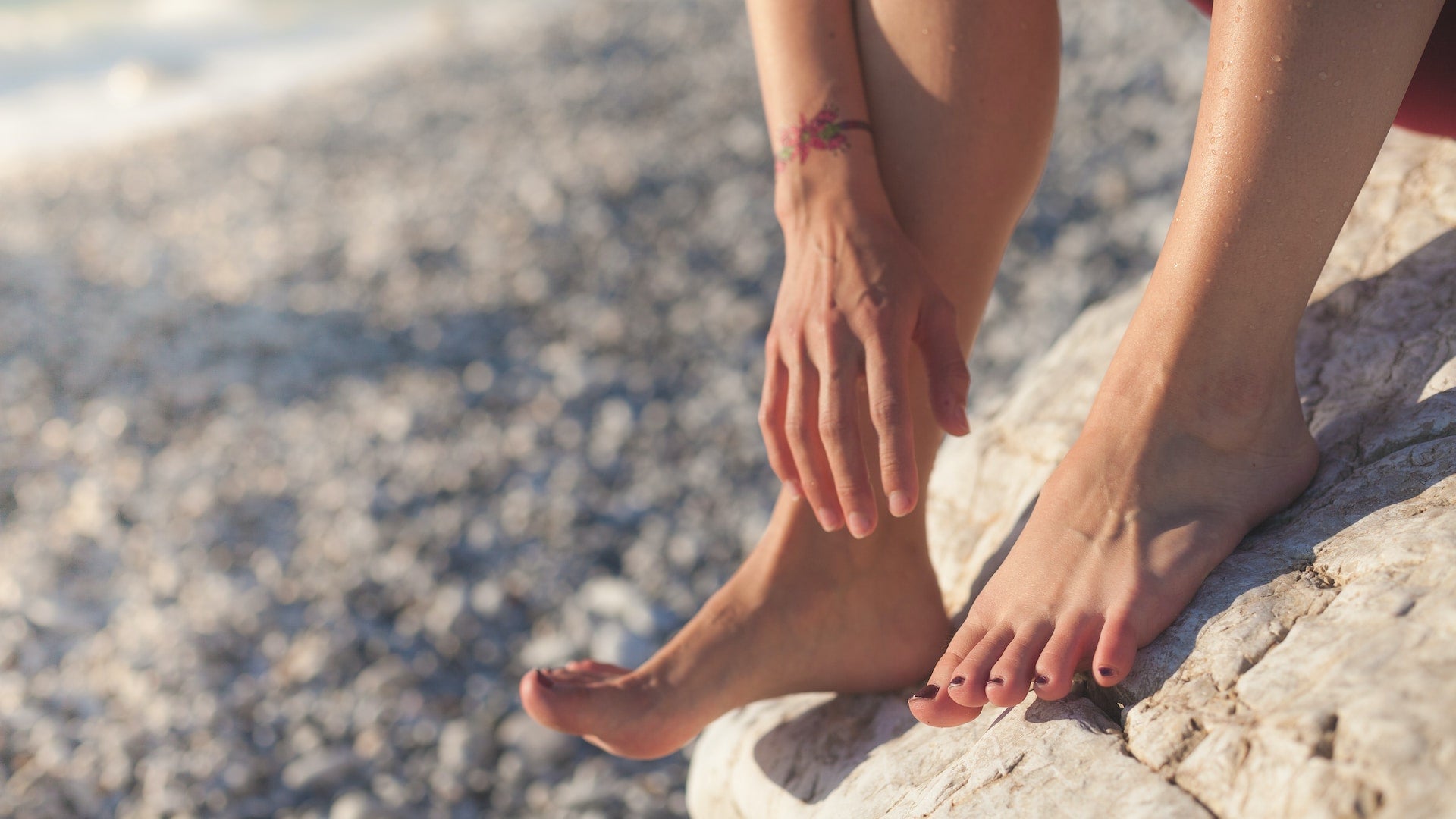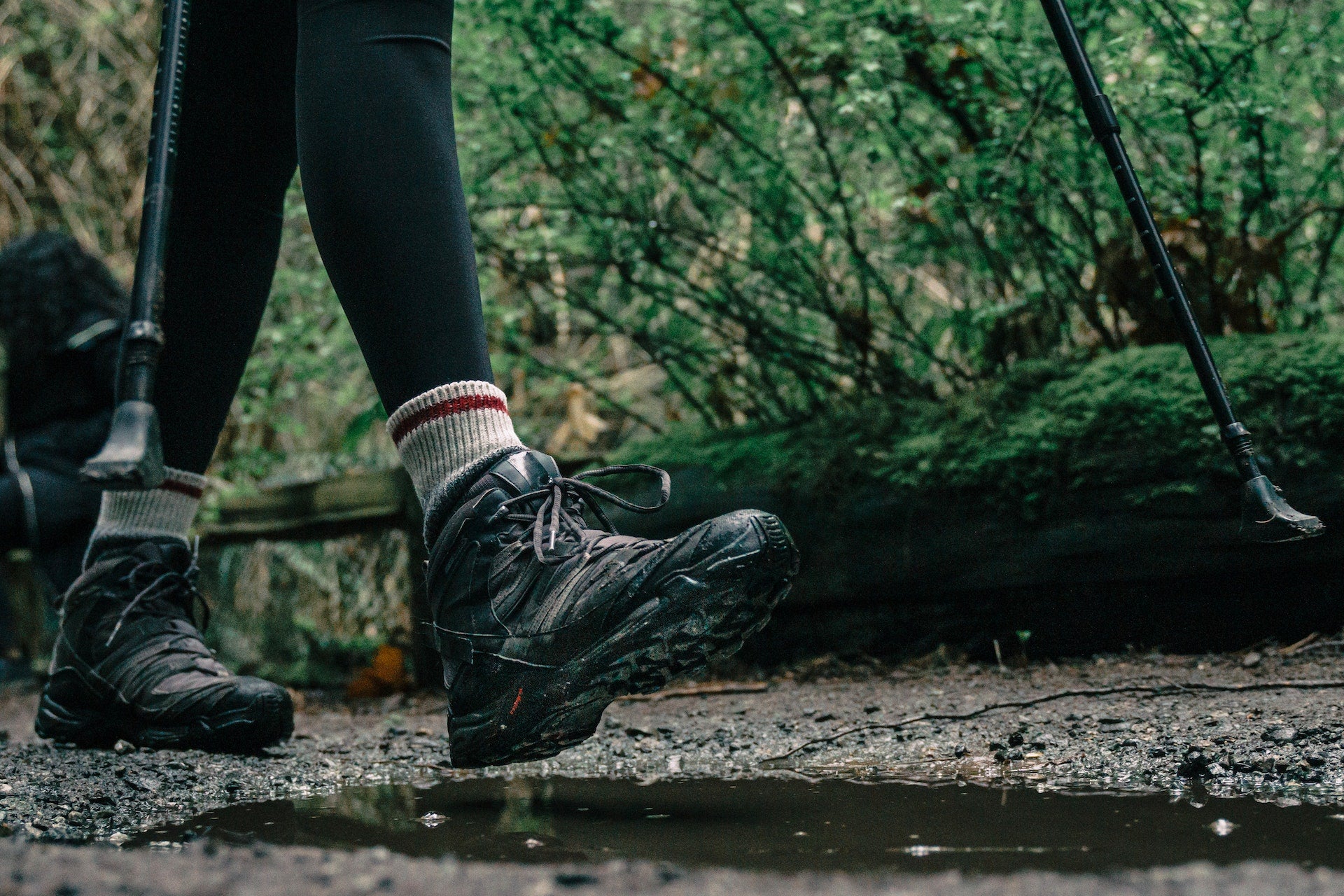
If you're dealing with sweaty feet, you know how uncomfortable and embarrassing it can be. But don't worry, we're here to help! In this guide, we'll explore the common causes of excessive foot sweating, the symptoms you may experience, and effective strategies to prevent it.
We'll provide practical tips, such as maintaining proper hygiene practices and choosing the right socks, to help keep your feet dry and odor-free. So, if you're wondering why your feet sweat so much and how to stop it, keep reading to discover the solutions and regain comfort in your daily life.
What Causes Feet To Sweat?
Feet have sweat glands that help regulate body temperature. Overactive nerves, hot weather, lack of ventilation, physical activity, emotions, and medical conditions can cause excessive sweating. Understanding the causes can help manage and prevent discomfort.
Common Symptoms Of Sweaty Feet
Experiencing sweaty feet can be uncomfortable and cause a variety of symptoms. Excessive moisture or wetness on the soles of your feet is one of the most common symptoms. The skin on your feet may also appear damp or moist, which can be uncomfortable.
Additionally, people with sweaty feet often feel sticky or clammy between their toes, especially when wearing closed-toe shoes for extended periods. Another symptom is an unpleasant odor, known as foot odor or bromhidrosis.
The combination of sweat and bacteria can create a strong smell that intensifies after prolonged sweating and becomes more noticeable when shoes are removed. Aside from physical discomfort, people with sweaty feet may also experience blisters or fungal infections.
The continuous moisture on the skin's surface makes it more susceptible to blisters from friction caused by rubbing against shoes or socks. Furthermore, sweaty feet are more prone to fungal infections, like athlete's foot, which thrive in warm and moist environments.
Excessive sweating can also lead to maceration of the skin, causing potential irritation and inflammation. This can result in redness, itching, or even painful sores on the feet. It's important to understand these symptoms to effectively address the issue and take appropriate measures for prevention and treatment.
How Do I Stop My Feet From Sweating?
To prevent excessive foot sweating, it's important to practice good hygiene habits:
- Start by washing your feet daily with mild soap and warm water to remove bacteria and reduce odor.
- Thoroughly dry your feet, paying attention to the spaces between your toes as moisture can cause bacteria growth and further sweating.
- Choose footwear made of breathable materials like leather or canvas to allow air circulation and prevent moisture build-up.
- Avoid synthetic materials like plastic or rubber that trap heat and promote sweating.
- Wear moisture-wicking socks made of materials like merino wool or bamboo fiber to keep your feet dry throughout the day.
Remember to consistently maintain good foot hygiene habits and monitor any changes or improvements over time to determine what works best for you.
Why Do Sweaty Feet Smell?
Sweaty feet can cause an unpleasant odor due to bacteria breaking down sweat into acids. To combat foot odor, maintain good foot hygiene by regularly washing and drying your feet, using antiperspirant products, wearing breathable footwear made from natural materials, and using moisture-wicking socks.
These preventive measures can help reduce excessive sweating and keep your feet dry, leaving you feeling more confident and comfortable.
Can I Put Deodorant On My Feet?
Deodorants can help with sweaty feet by neutralizing bacteria that cause odor. However, a better long-term solution is to wear a pair of antimicrobial copper socks. Copper has natural antimicrobial properties that eliminate unwanted bacteria and fungi at the source before they’re able to snowball into a problem.
The Best Socks For Sweaty Feet
Choose moisture-wicking socks made of synthetic materials like polyester or natural materials like merino wool to manage sweaty feet. Look for socks with cushioning in high-sweat areas for added comfort and protection. Avoid 100% cotton socks as they retain sweat.
Frequently Asked Questions
Is It Good If Your Feet Sweat A Lot?
Excessive sweating of the feet, or hyperhidrosis, can create a moist environment that fosters the growth of fungi and bacteria. This can lead to unpleasant foot odor and increase the risk of developing fungal infections such as athlete's foot. Excess moisture on the feet can also cause friction-related problems such as blisters and calluses.
Additionally, it may affect one's self-confidence and social interactions. Therefore, it's important to address excessive foot sweating through various remedies and seek medical advice if necessary.
Why Do My Feet Sweat Even When Cold?
Foot sweating during cold temperatures can be caused by various factors, such as the body's natural thermoregulation process, footwear, and metabolic rates. Insulating socks and poorly breathable shoes trap heat close to the skin, creating a microclimate that can cause excessive perspiration on the feet.
Individuals with higher metabolic rates generate more internal heat, which can also cause excessive sweating. Those with conditions like hyperhidrosis may experience excessive sweating on their hands and feet regardless of temperature changes.
Why Do My Feet Sweat When I'm Not Doing Anything?
Even when not physically active, excessive sweating in the feet could be due to hyperhidrosis, stress, medical conditions like thyroid disorders, hormonal imbalances, or certain medications' side effects. Understanding these factors can help people seek appropriate treatment if necessary.
Conclusion: How Good Socks Prevent Sweaty Feet
To keep your feet dry and comfortable, wear socks made from moisture-wicking materials like wool, polyester, and nylon. Look for cushioning, arch support, and antimicrobial features to reduce sweating and odor. Choose good, high-quality socks for a cool and dry environment all day.






Leave a comment
This site is protected by hCaptcha and the hCaptcha Privacy Policy and Terms of Service apply.